How would you like to live in the midst of a construction site, day in, day out?
What if they continued jack hammering well into the night? The creatures living in our oceans are struggling with noise pollution in a major way.
Of course noise pollution isn’t limited to the oceans. Animals right here on land, like birds and bats, can experience the harmful effects of too much racket. Moreover, noise pollution can make it hard for animals to find food or mates, navigate directions and even avoid predators!
That said, animals in the oceans have probably been hardest hit by noise pollution. So let’s dive deep and meet four creatures that could use a little more peace and quiet.
Whales
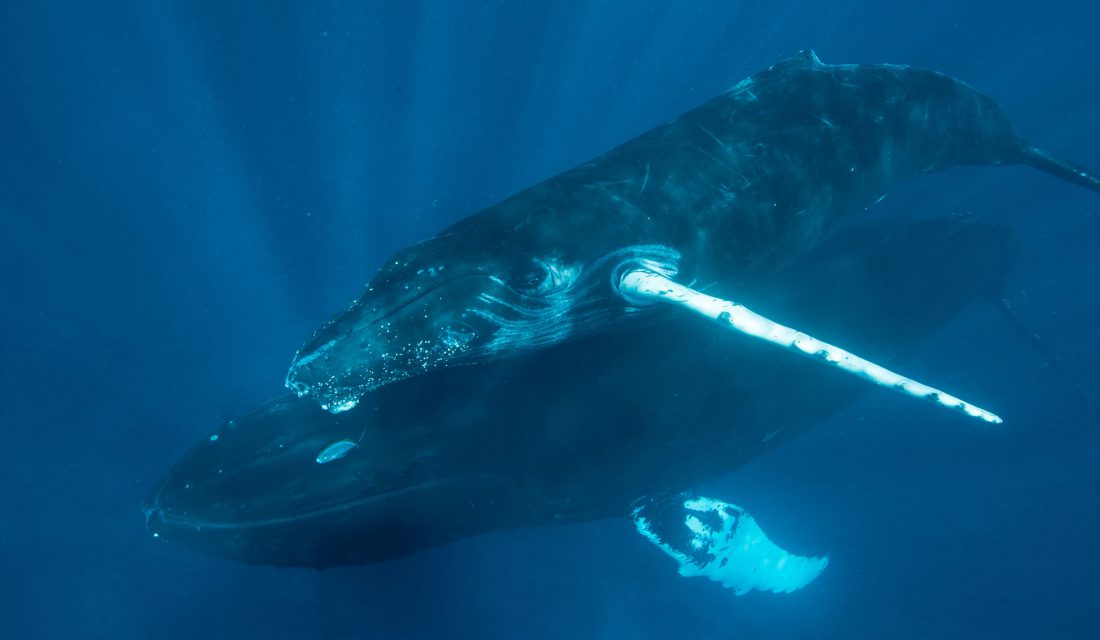
Our country’s majestic whales use echolocation to navigate the waters, care for their young, find prey and mates and also communicate with one another through sound as well. Unfortunately there is so much noise in our oceans that is human manufactured these days that these marine mammals barely stand a chance.
What noises, you might ask? Oil drills, sonar sounds, ships and even seismic tests are so incredibly loud, our whales are suffering. A container ship moving through the ocean, for example, make sounds up to about 130 decibels underwater– that’s about as loud as the wail of a siren. And it only gets worse. Sonar sounds can be 235 decibels loud – that’s twice as loud as a rock concert. Can you imagine trying to function under these conditions? Some researchers are considered that seismic noise in the oceans is so loud that whales don’t hear oncoming ships – increasing the risk of collisions. Researchers have also found that sonar noise can actually cause some whales to beach themselves.
Krill
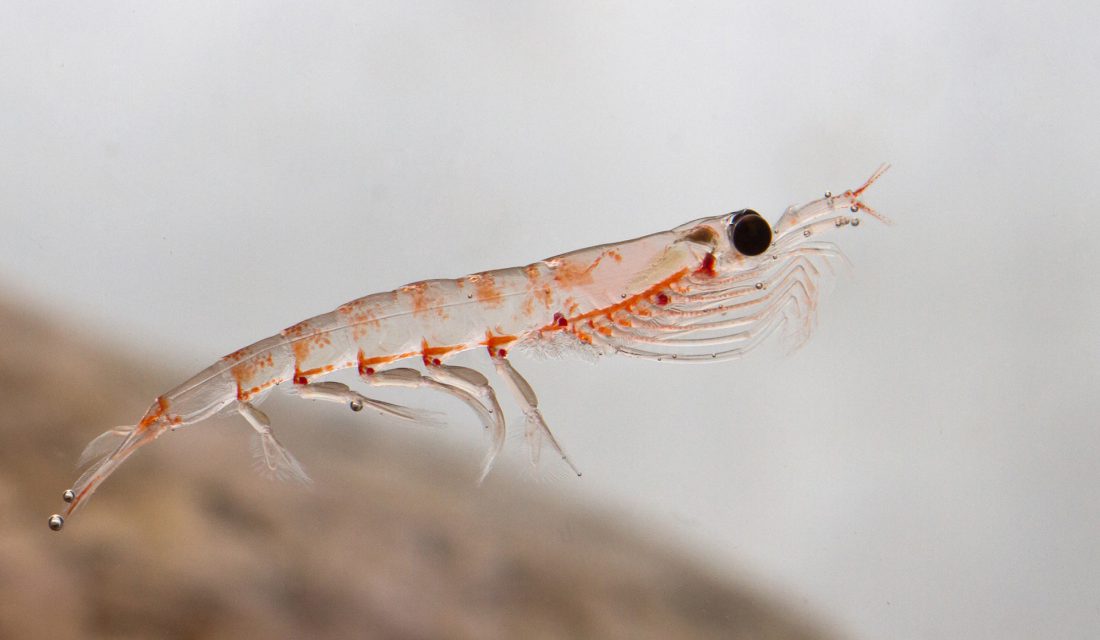 Even the tiniest animals in the ocean are affected by noise pollution. A 2017 study published in the journal of Nature Ecology and Evolution found that an underwater blast (that wasn’t even as loud as a seismic air gun, I might add), actually obliterated two-thirds of zooplankton near the blast. These creatures are incredibly important to the ecosystem. Blue Whales, for example, survive primarily on these minute organisms.
Even the tiniest animals in the ocean are affected by noise pollution. A 2017 study published in the journal of Nature Ecology and Evolution found that an underwater blast (that wasn’t even as loud as a seismic air gun, I might add), actually obliterated two-thirds of zooplankton near the blast. These creatures are incredibly important to the ecosystem. Blue Whales, for example, survive primarily on these minute organisms.
Octopuses
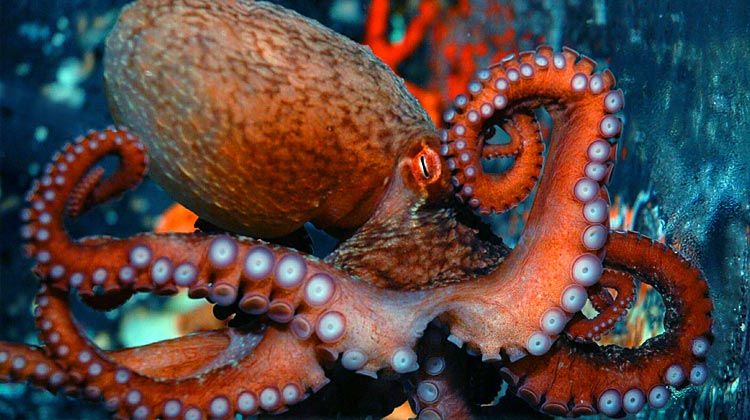
Even low frequency sound can be harmful to some marine animals. A study published in Frontiers in Ecology and the Environment found that marine animals like octopus, squid and even cuttlefish were negatively impacted by noise pollution. When these animals were exposed to low frequency sound over time, researchers discovered their nerve fibers began to swell and eventually tore. Researchers found that within a matter of a few hours, the animals’ auditory structures were damaged with lesions appearing to get larger and larger still.
Crabs
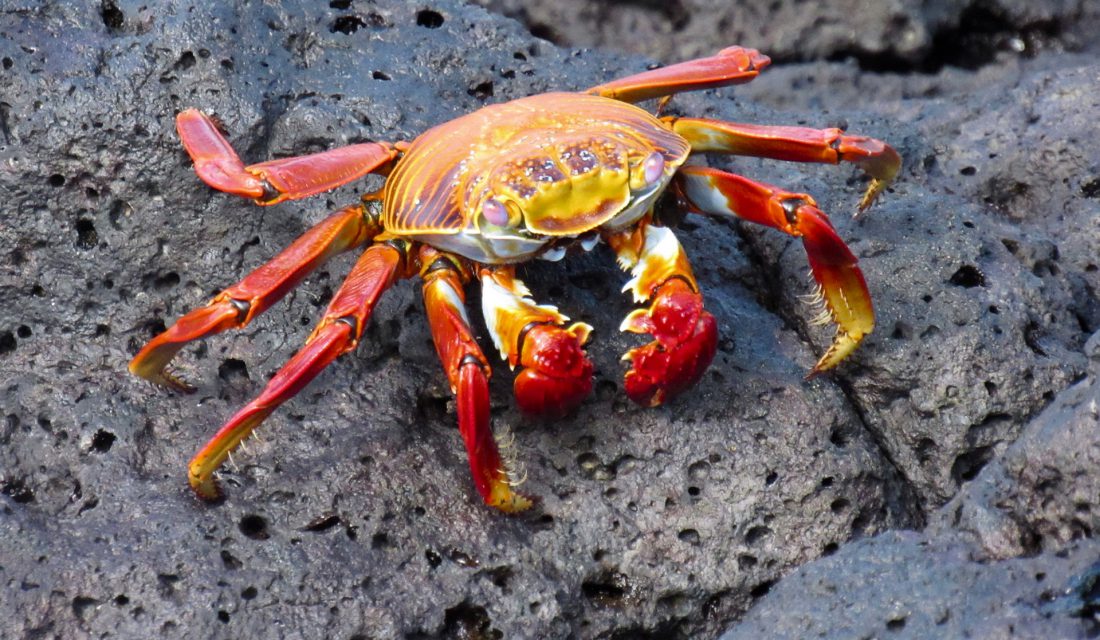 Even marine animals that don’t use sound to communicate are being impacted by noise pollution! A 2020 study in Current Biology found that Shore Crabs are being negatively affected by all the commotion under the sea. While these creatures will normally hide away from predators by changing their colour to blend in with the rocks around them, researchers have found that the racket that ships make stop these crabs from defending themselves. Not only do crabs that are exposed to ship noise take twice as long to change colour, they also take a much longer time to run away from predators! Researchers believe this is due to the stress they feel from the noise pollution they are exposed to. Moreover, these same crabs take far longer to molt.
Even marine animals that don’t use sound to communicate are being impacted by noise pollution! A 2020 study in Current Biology found that Shore Crabs are being negatively affected by all the commotion under the sea. While these creatures will normally hide away from predators by changing their colour to blend in with the rocks around them, researchers have found that the racket that ships make stop these crabs from defending themselves. Not only do crabs that are exposed to ship noise take twice as long to change colour, they also take a much longer time to run away from predators! Researchers believe this is due to the stress they feel from the noise pollution they are exposed to. Moreover, these same crabs take far longer to molt.

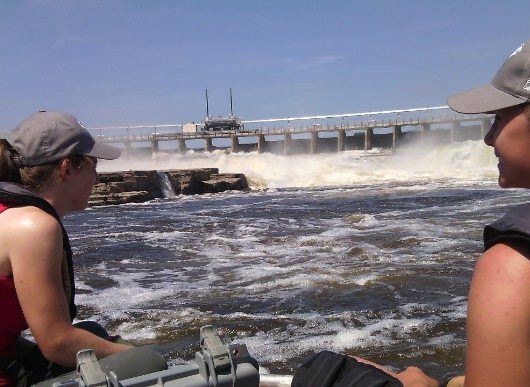
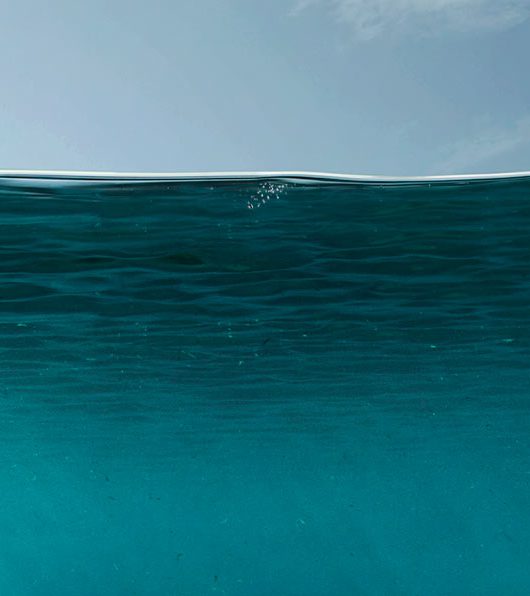
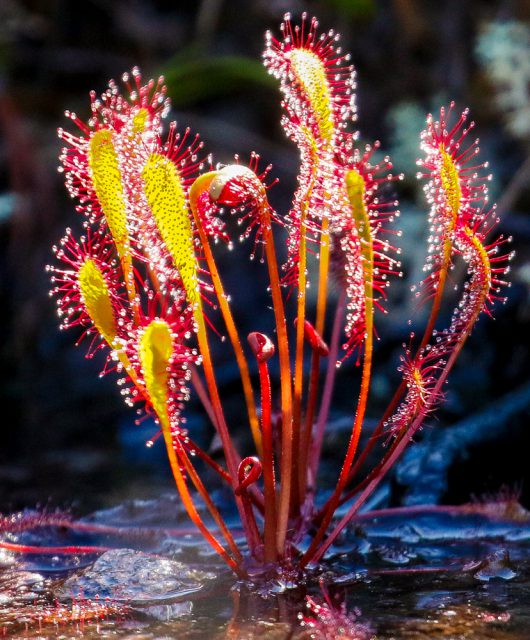
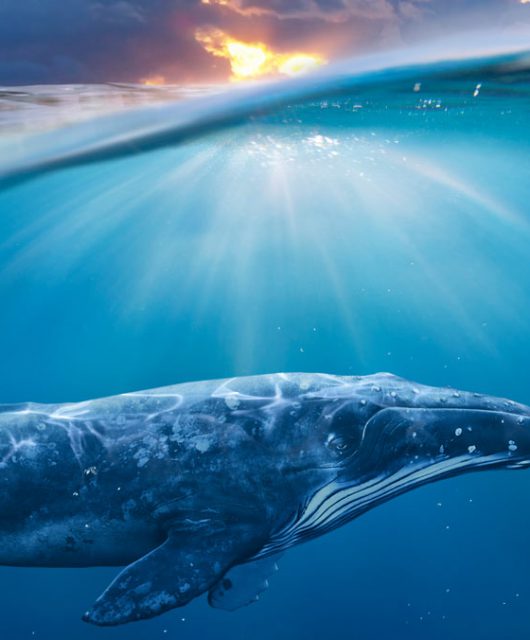
1 comment
Noise pollution in the ocean is probably something that almost none of the public considers. Thank you for bringing to my attention. I will take the liberty of forwarding this to my contact list.